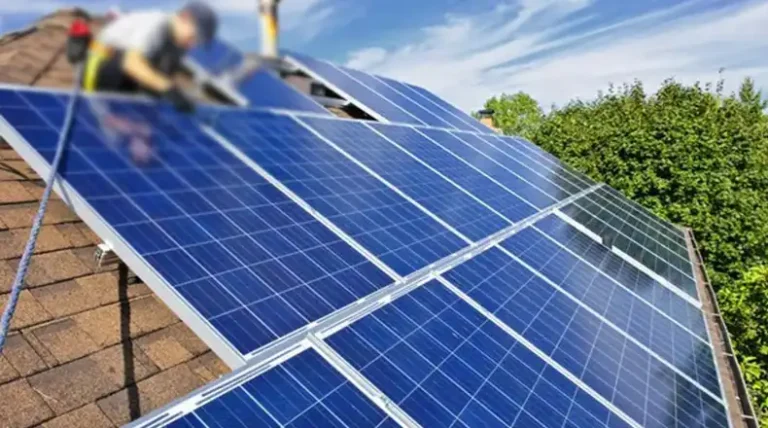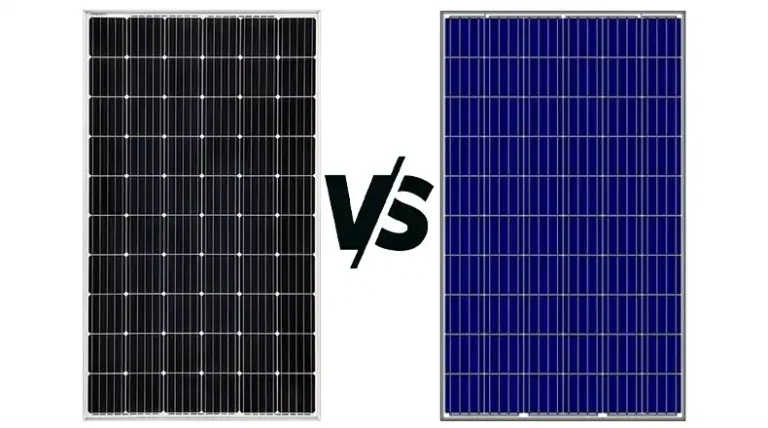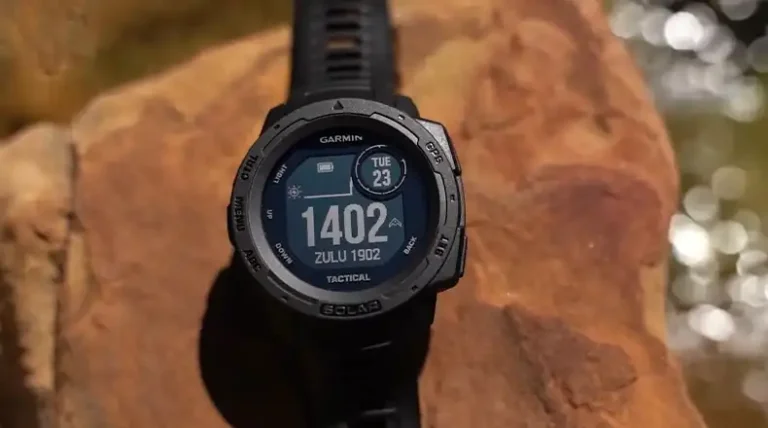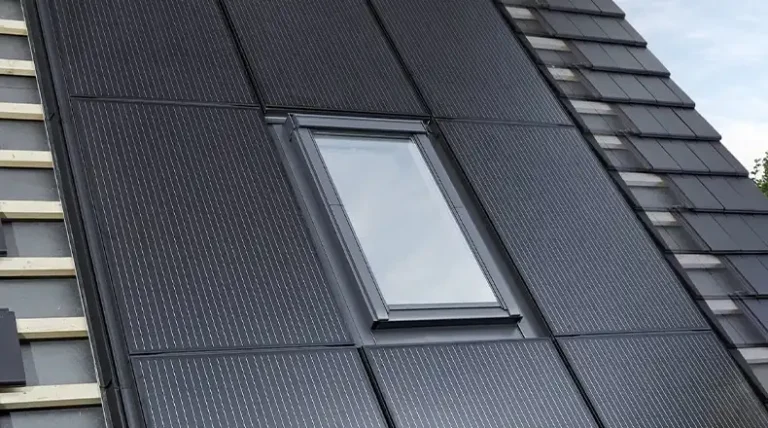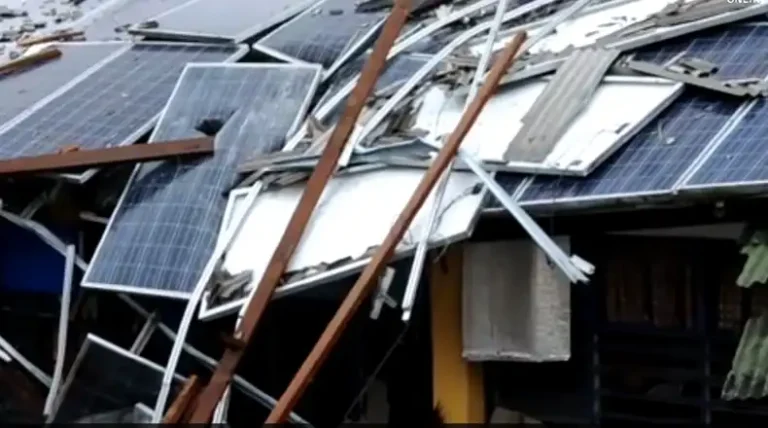Can You Get an Electric Shock from Portable Solar Panels? Is It True?
Solar panels have revolutionized the way we harness the power of the sun to fuel our everyday lives. They are eco-friendly, cost-effective, and, when used correctly, incredibly safe.
While using regular solar panels, you may get an electric shock, and now you are kind of a believer that every kind of panel can give you the same experience, including portable panels.
Well, it’s true that you will get a shock but will be it dangerous? To find out more, let’s explore this article, together!
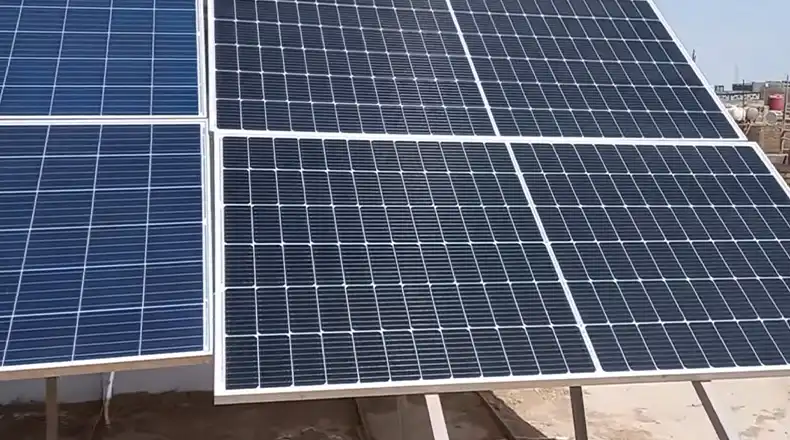
Does a Portable Solar Panel Can Give You an Electric Shock?
In a nutshell, yes, it is possible to get an electric shock from a portable solar panel. But before you start panicking, let’s put things into perspective. A portable solar panel, on its own, is not inherently dangerous. It’s like asking if a feather can hurt you; under normal circumstances, it can’t. However, things change when you introduce certain conditions and factors into the equation.
When You Will Get an Electric Shock?
Imagine your portable solar panel has a frayed wire, a cracked surface, or faulty connectors. In such cases, it becomes a potential source of danger. If you touch a damaged solar panel while it’s exposed to sunlight, you can indeed get an electric shock. So, the key here is proper maintenance.
Moreover, if you touch the metal part of the solar panels while it’s on duty, you will get an electric shock. As you know there you will have lots of independent electrons whose job is to go to the inverter direction and choose the conductive materials as a path of moving.
So, when you touch the tralala, I mean the metal part or the pathway of the electrons, due to their nature, they choose the shortest path and that’s how you will get a shock from your travel partner.
When You Won’t Get an Electric Shock?
On the flip side, when portable solar panels are in good condition and used as intended, the chances of receiving an electric shock are slim to none. Manufacturers design these panels with safety in mind. They incorporate features like overcurrent protection, short-circuit protection, and insulation to prevent accidents. When the panels are installed correctly and handled with care, they can be as safe as a stroll in the park.
Does the Electric Shock of Portable Solar Panels Do Immense Damage?
If you do happen to receive an electric shock from a portable solar panel, you might wonder about the consequences. The good news is that most cases of electric shock from portable solar panels are not life-threatening. However, the severity of the shock largely depends on the strength of the current and the duration of exposure. In most cases, it might feel like a sharp jolt, startling but not deadly.
Portable solar panels generate electricity through photovoltaic cells. When exposed to sunlight, these cells produce a direct current (DC) of electricity. This DC electricity is generally considered low-risk, as it’s not as potentially lethal as the alternating current (AC) found in our homes. However, there’s a catch. The risk of electric shock from portable solar panels increases when the panels are damaged or improperly maintained.
But here’s the catch—while the shock itself might not be immensely damaging, the consequences could be if it leads to a fall or another accident. If you experience an electric shock, no matter how mild, it’s crucial to seek medical attention. Better safe than sorry.
Final Thoughts
In conclusion, portable solar panels are a fantastic way to harness clean energy from the sun. While they can potentially deliver an electric shock, the risk is relatively low if they are well-maintained and used correctly. Regular inspections, proper installation, and diligent care can go a long way in keeping you safe. So, don’t be deterred from reaping the benefits of portable solar panels; just stay mindful of their maintenance and safe usage.


